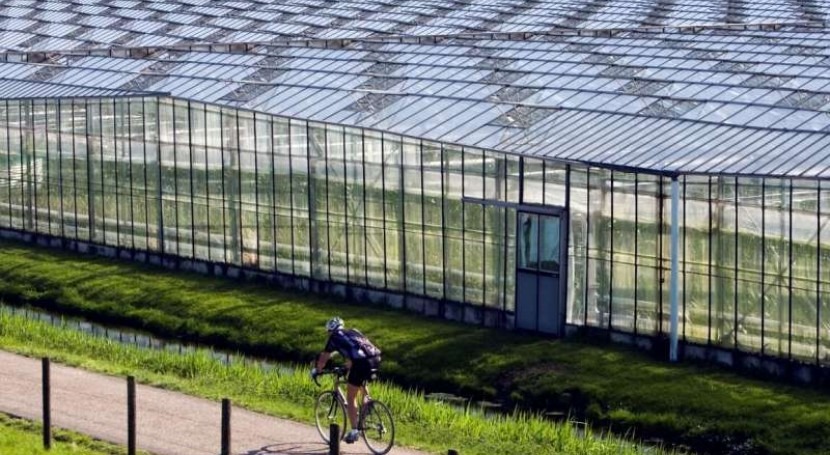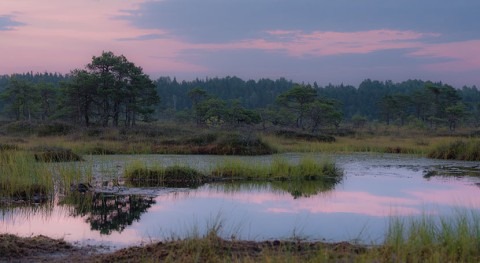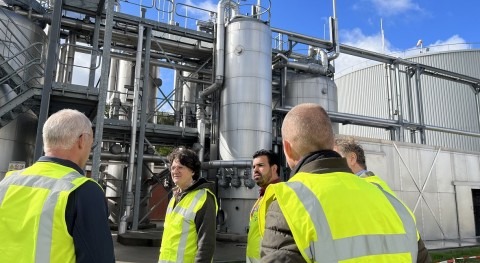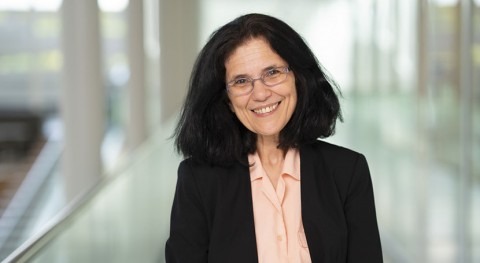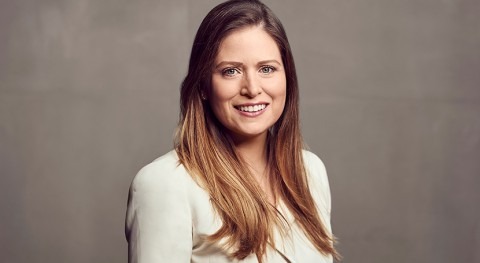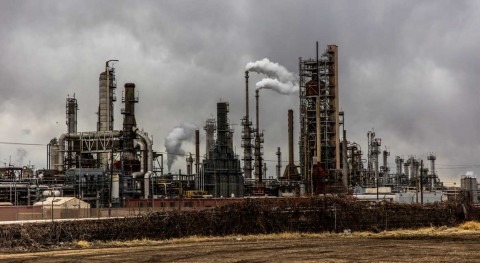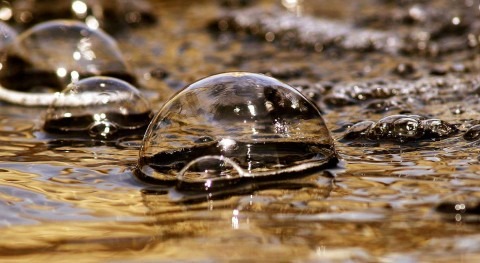Climate change is increasing the risk of water shortages across Europe, but researchers in the Netherlands are hoping to ease pressure by generating a steady supply of clean water and heat from deep underground reservoirs known as aquifers.
In the west of the Netherlands, there is a sea of greenhouses covering 4,500 hectares. Known as the Westland, this indoor farming hub is home to 670 horticulture companies growing a wide variety of flowers and crops, from aubergines and tomatoes to cucumbers. Water is crucial to growing these plants inside, but despite being in a country famous for rivers and canals the region still faces shortages.
"We had a very dry summer," said Klaasjan Raat, a water resource management expert at KWR, a Dutch sustainable water institute. "We had a lack of fresh groundwater which not only poses a risk to farmers, but also damages nature."
Westland pioneers a lot of sustainable water technology and researchers will now trial a new concept known as water banking, which deposits precipitation collected over the area during wetter periods and stores it in aquifers for a not-so-rainy day. The project is led by Raat who says this approach could help Westland balance demand in a climate change future where less rainfall is expected.
"If pumping is balanced over time, and over an area, you maintain the quality and amount of water in that aquifer," he said, but points out that Westland is currently "over-drafting," meaning it withdraws more water from ground reserves than what is put back in. This is a long-term liability for the greenhouse farmers, warns Raat, but water banking could help them break-even; or even make a profit.
"Rainwater that falls on the greenhouses [periodically] is not sufficient, but on average in the whole area [of Westland] over the year it is," he said.
Raat will recruit a group of horticulturists over 100 hectares and incentivize them to pump their excess rainwater into the ground reserve. Together with other local stakeholders, like the regional water authority, he is developing a pricing mechanism that will financially reward the farmers who deposit water into the aquifer and charge those who withdraw too much. He hopes it will be a self-containing system that finances itself.
Aquifers are helping farmers elsewhere in Westland too, but this time in supplying a cleaner source of heat. Industry at the nearby port of Rotterdam produces waste heat that is used to warm water in large pipes before it is pumped into even deeper underground reservoirs where it is stored as thermal energy, ready to be tapped into when the demand is there.
Geothermal energy and 'heat roundabouts'
Martin Bloemendal, a geothermal energy expert at Delft University of Technology and KWR, is developing a way to help optimise the performance of the 'heat roundabout' for Westland, which he says is crucial for the greenhouses because they also need higher temperatures to grow their crops.
"We have different sources of heat that are readily available during the warmer periods, like waste, geothermal and solar heat," he said. "But in winter, there is not enough, so they [greenhouses] need additional heating."
If the greenhouses don't have a renewable source, burning fossil fuels often fills the gap, but storing excess heat during summer diminishes this need because it gives access to thermal energy throughout the year.
The heat storage project for Westland and the water banking pilot will soon act as demonstration sites to inform other European countries about making the most of their water resources.


